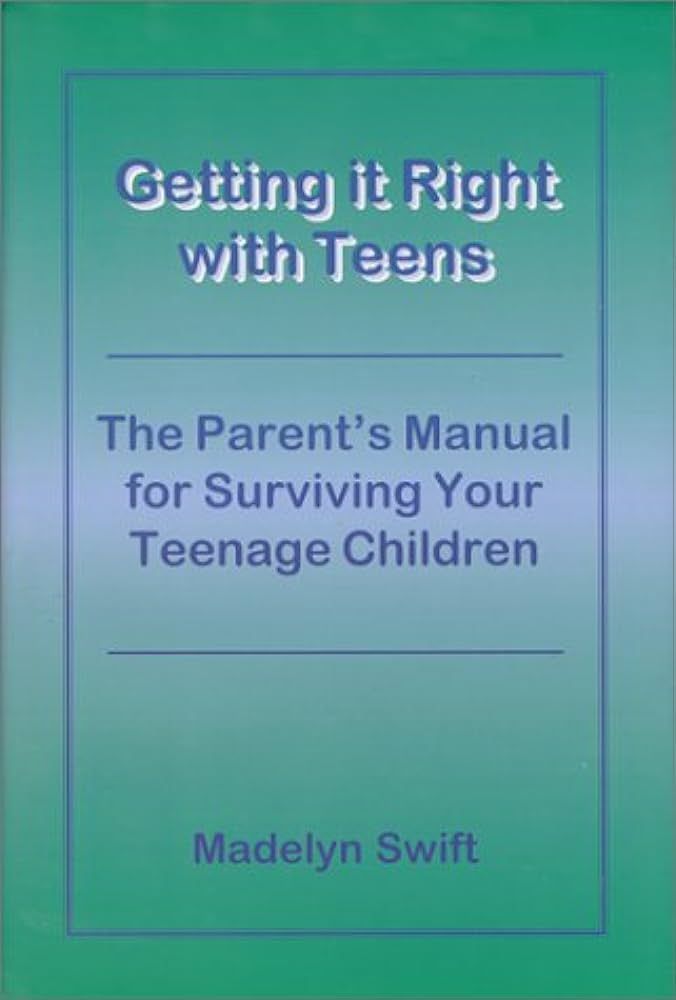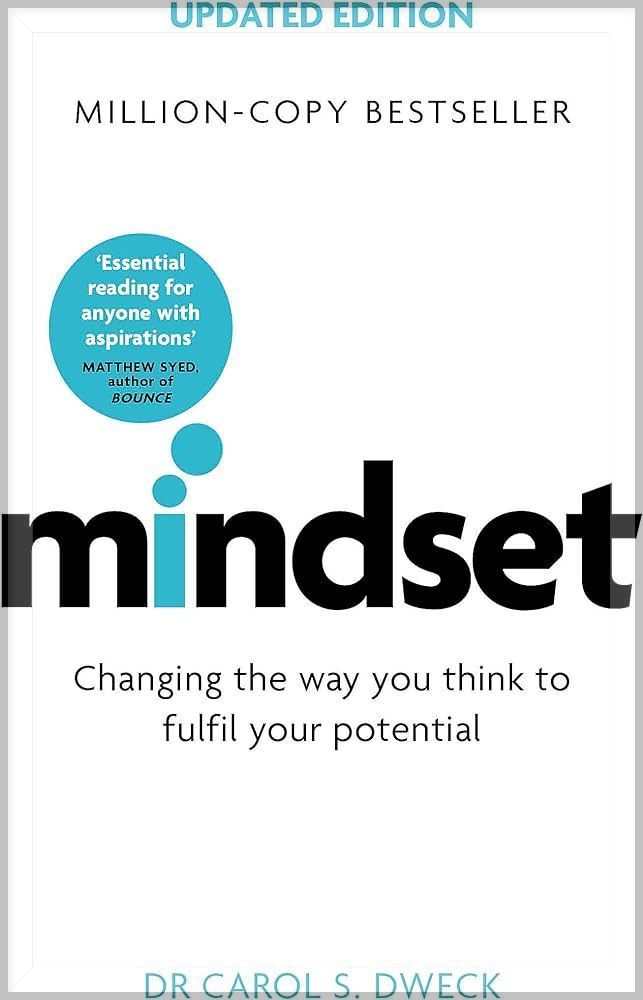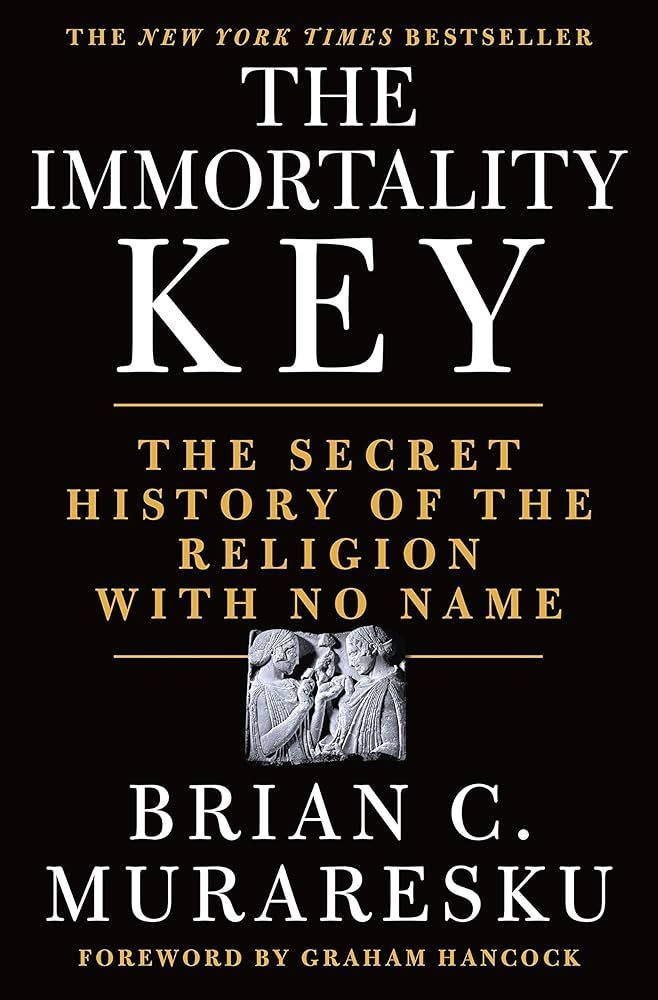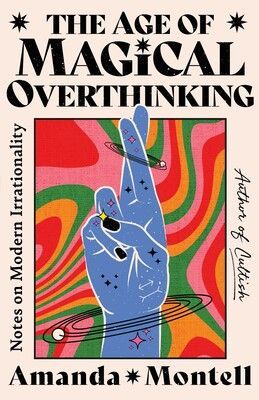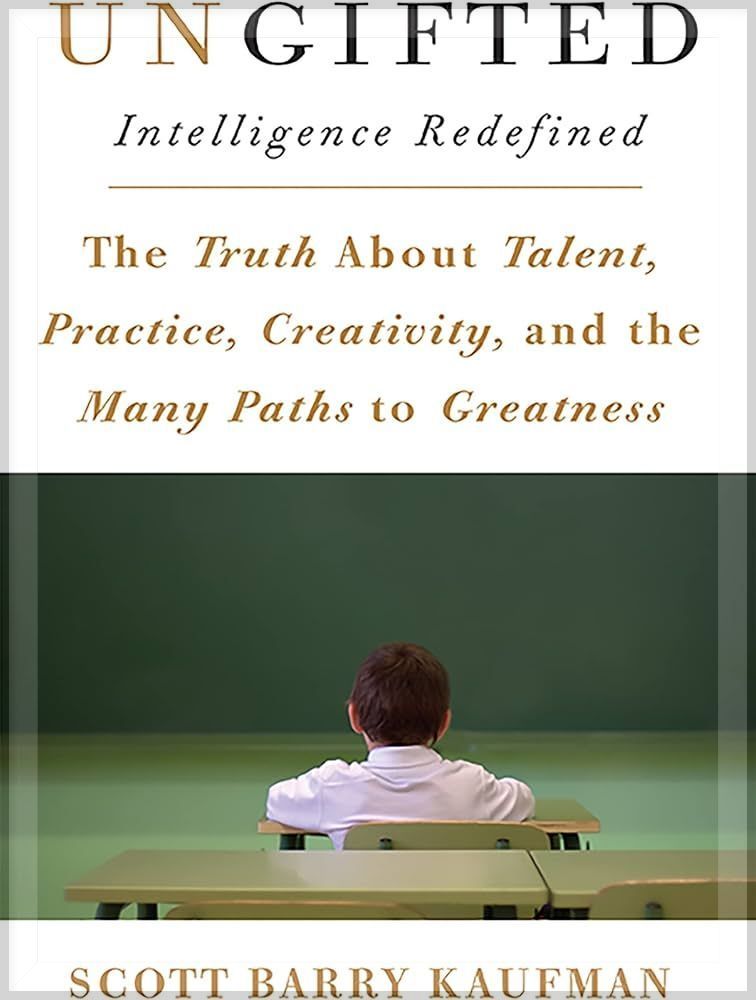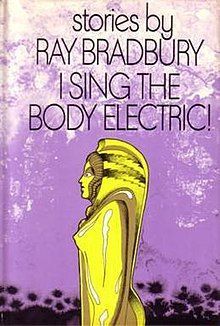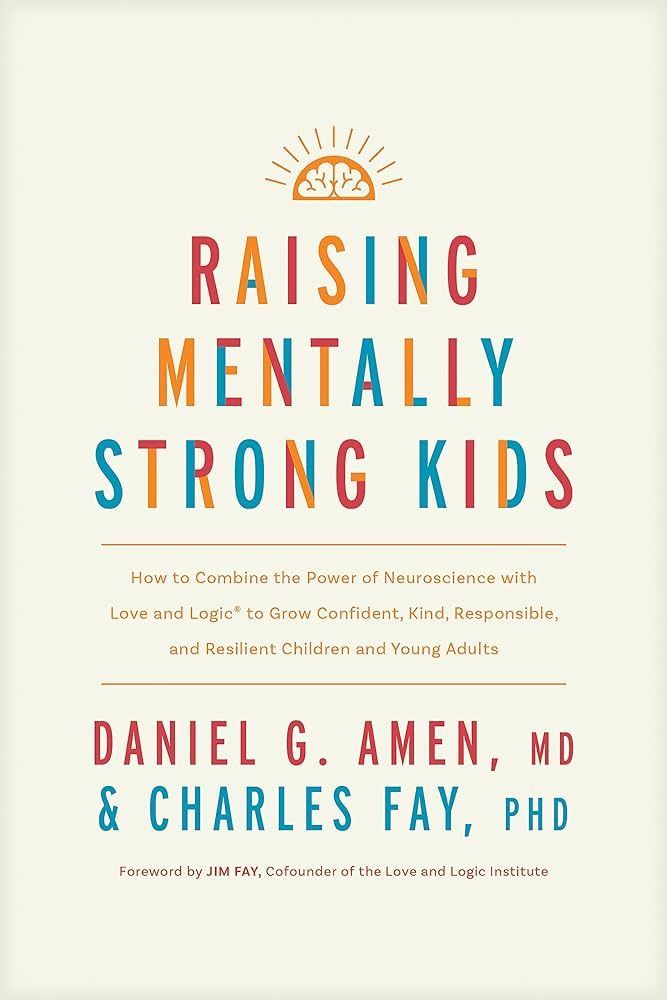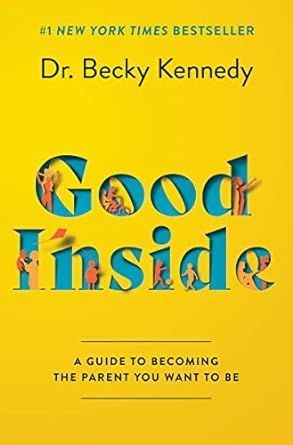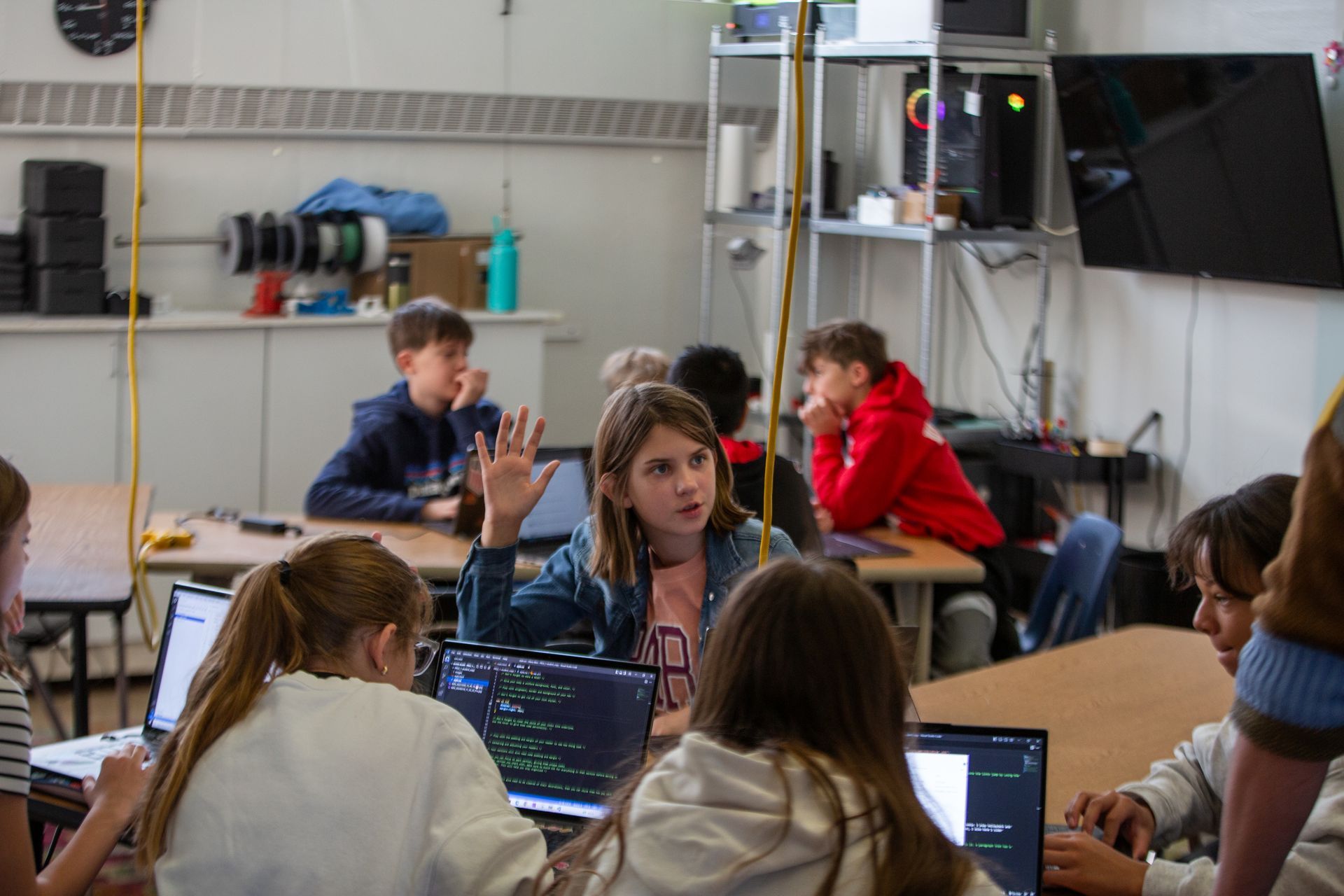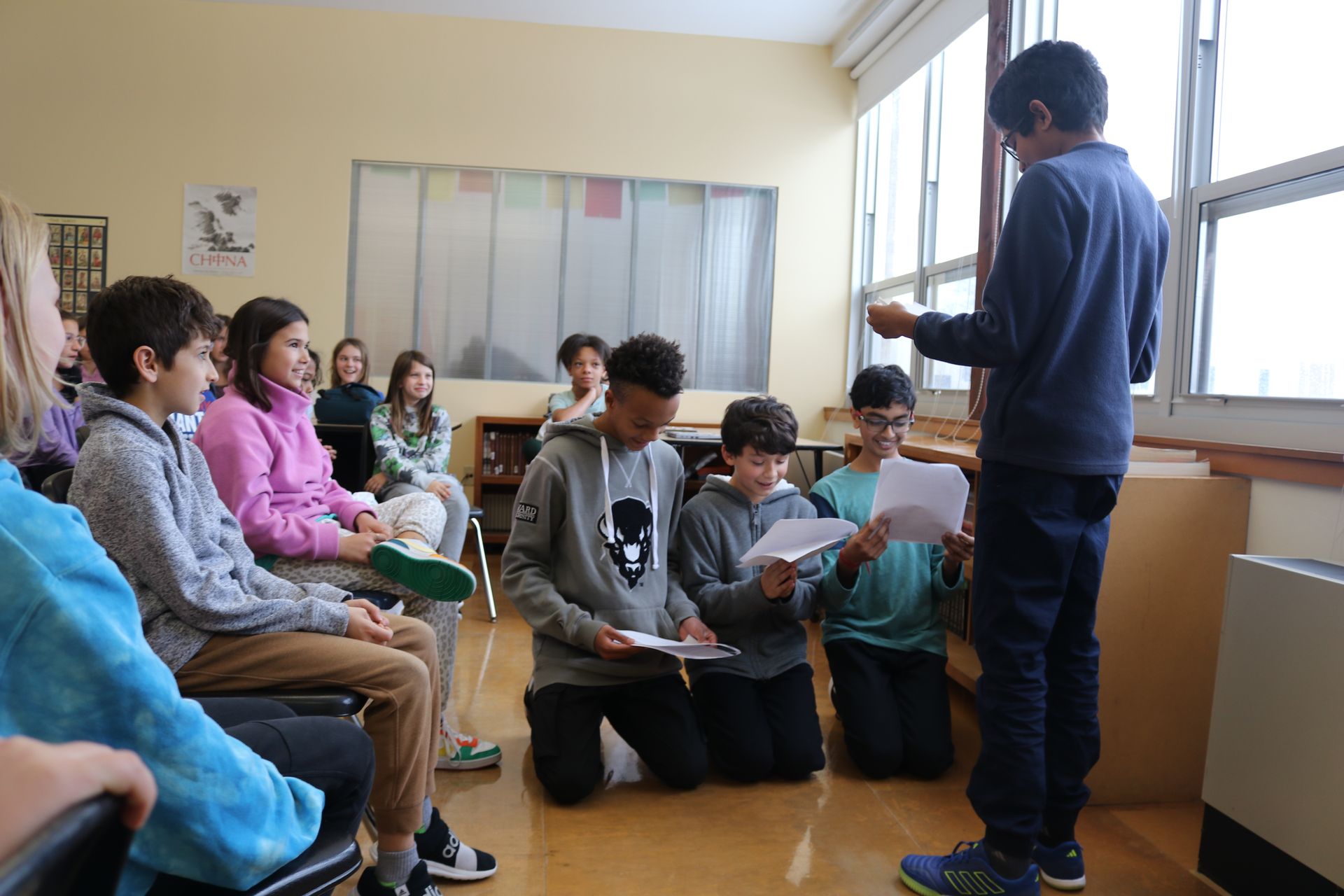Raising Mentally Strong Kids by Daniel G. Amen, MD & Charles Fay, PhD
I recently stumbled across a video where author Jay Shetty interviews Dr. Daniel G. Amen about a book he co-write with Dr. Charles Fay called Raising Mentally Strong Kids. I immediately bought the audiobook version.
A few chapters in, I realized the book was absolute gold and purchased a hard copy. I told my husband he needed to read it as well because it was going to become our parenting handbook. This book combines the power of Neuroscience (Dr. Amen is the founder of Amen Clinics) with Love and Logic (Dr. Fay is the founder of the Love and Logic Institute) to grow confident, kind, responsible, and resilient children and young adults.
I love this book because it is an accessible read broken up into digestible chunks with plenty of examples, visual aids, and actionable steps that parents can put into practice immediately. I love that these two experts combined all of their knowledge and prior work into one place to help parents raise their children in the best (and most effective) ways.
Some of my favorite action items from the books include:
Relationships are everything!
If you want to have a better relationship with your kids:
Spend 20 minutes a day with them doing something they want to do with no commands, questions, or directions.
Point out the positive things your children do.
Be empathetic with their experiences.
Value how they think.
ANTS
Ants are automatic negative thoughts and they can take over the brain. Your job is to be able to squash these negative influences. Amen & Fay talk through strategies on how to control and get rid of ants; these strategies are not only beneficial for our kids but also for adults managing their own thoughts and decisions.
Firm but kind is the best way to parent
Parents are children’s prefrontal cortex because kids have not developed them yet . Clear boundaries are essential. We want children to make mistakes and be able to deal with manageable consequences.
Effective Goal Setting
The authors include a One Page Miracle (OPM) template for setting personal goals, goals for your children, and goals your children can set for themselves. There are many great examples of how to use the OMP - and it is written in a way that is usable and actionable. You’ll find yourself looking forward to asking the question: “Does it fit in the OPM?”
Raising Mentally Strong Kids is a book I will revisit for years to come and I am excited to use it in both my personal and professional lives.


